US President Donald Trump apparently plans to launch a military attack on Iran—now European leaders are attempting a diplomatic tour de force to dissuade him from this course of action. In Geneva, the foreign ministers of Germany, the UK, and France are preparing for emergency talks with Iran.
The clear goal of this initiative by Friedrich Merz, Emmanuel Macron, and Keir Starmer is to prevent a looming escalation of the current Middle East war. According to a White House spokesperson, US President Trump will decide within the next two weeks whether to order airstrikes against underground nuclear facilities in Iran. At least he sees a “real chance for negotiations,” which opens a short diplomatic window for Europe. The talks in Geneva should therefore not be merely symbolic.
John Sawers, former head of the British foreign intelligence service MI6, is quoted by POLITICO as saying: “Trump did not originally want an open war with Iran. Israel effectively pushed him into it.” Netanyahu ignored the opportunity for negotiations, and Trump “went along with the flow rather than pushing ahead,” according to Sawers.
Europe’s influence significantly reduced
The current crisis shows how much Trump’s presidency has weakened Europe’s influence on the world stage. The last major agreement with Iran – the 2015 nuclear deal – was largely shaped by Germany, France, and the UK. But Trump scrapped it in 2018. Since then, EU countries have struggled to make their voices heard, both in Washington and in Jerusalem.
Now Europe is trying to regain at least a minimum of stability through new talks. According to an E3 diplomat, the goal is to obtain a guarantee from Iran that its nuclear program is exclusively for civilian purposes. However, this requires a minimum level of trust, which has been severely damaged by Israel’s attacks.
But who does Trump listen to anymore? US Secretary of State Marco Rubio, who is also Trump’s national security adviser, spoke with Britain’s David Lammy in Washington on Thursday. It is unclear whether Rubio himself still has any influence. Meanwhile, there is a growing impression in Europe that Trump may ultimately decide against escalation, not because of Iran’s offers of talks, but for domestic political reasons.
During his first term, Trump promised not to start any new wars. And in the Republican camp, especially among his MAGA supporters, resistance to expensive military operations abroad is growing.
Israel continues to demand a complete end to Iran’s nuclear program
While the Europeans are pushing for détente, Israel is pursuing a different course. An Israeli government representative demanded on the sidelines of the meeting: “We expect Europe to send a clear message to Tehran: complete dismantlement of the nuclear program, no more ballistic missiles, and an end to support for terrorist proxies.”
In Paris, however, Foreign Minister Jean-Noël Barrot emphasized that France was prepared to present a security formula “that protects Israel’s interests as well as those of the region and Europe – and addresses Iran’s nuclear, missile, and destabilizing activities.”
Image: APA
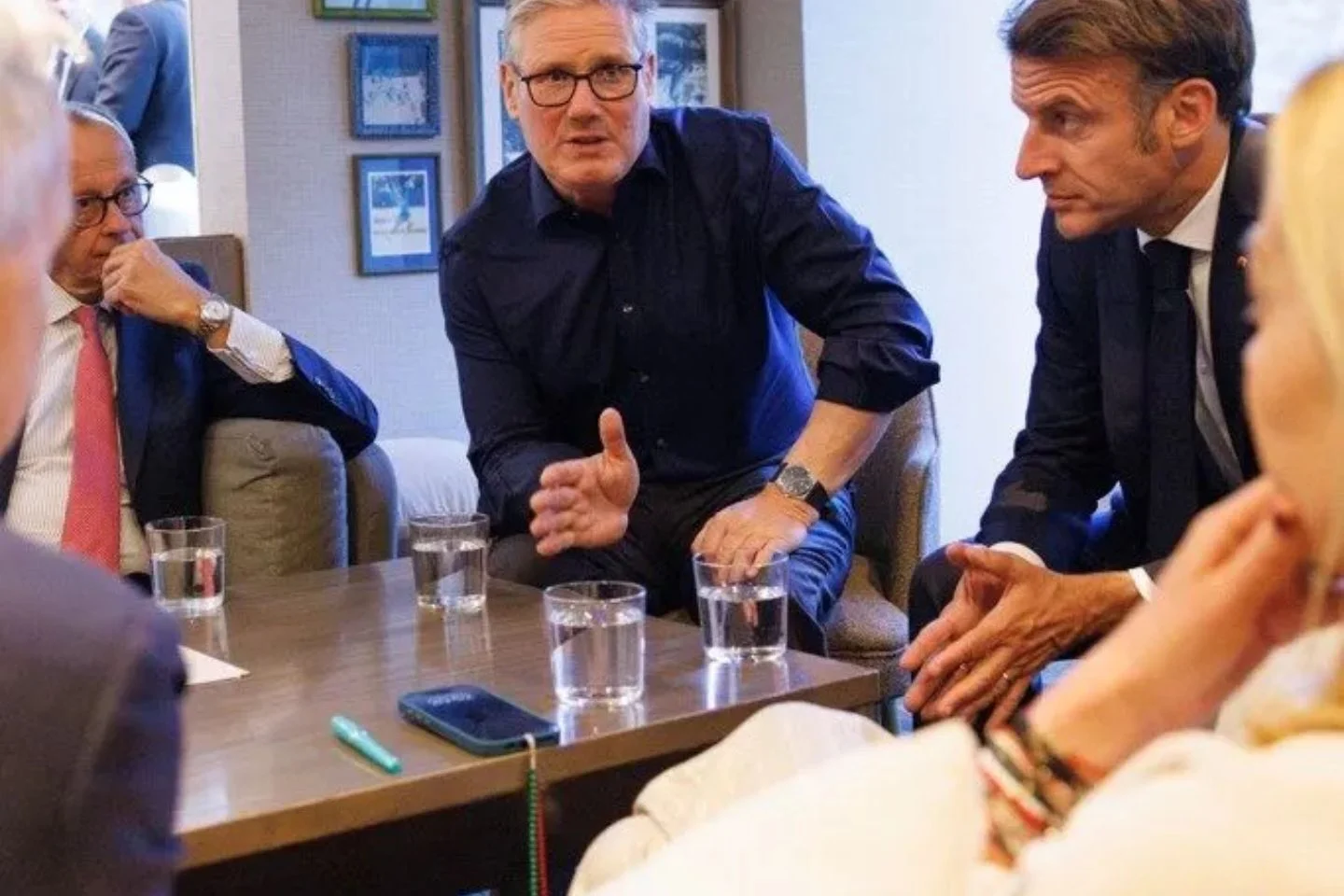





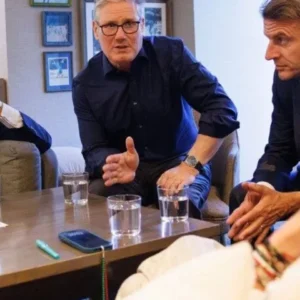
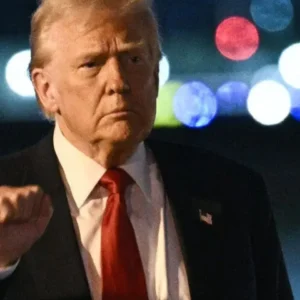
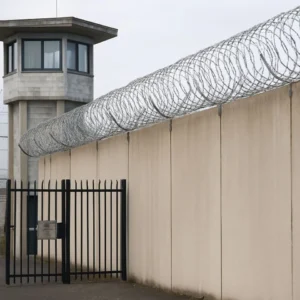
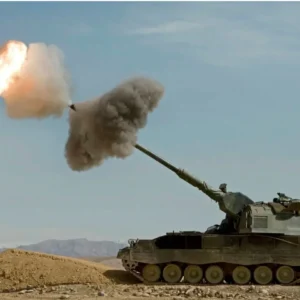
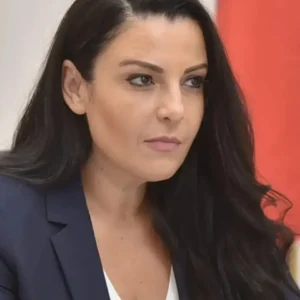
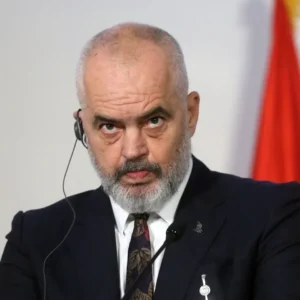

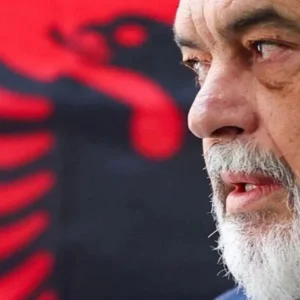
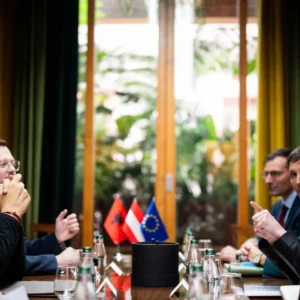
Recent Comments